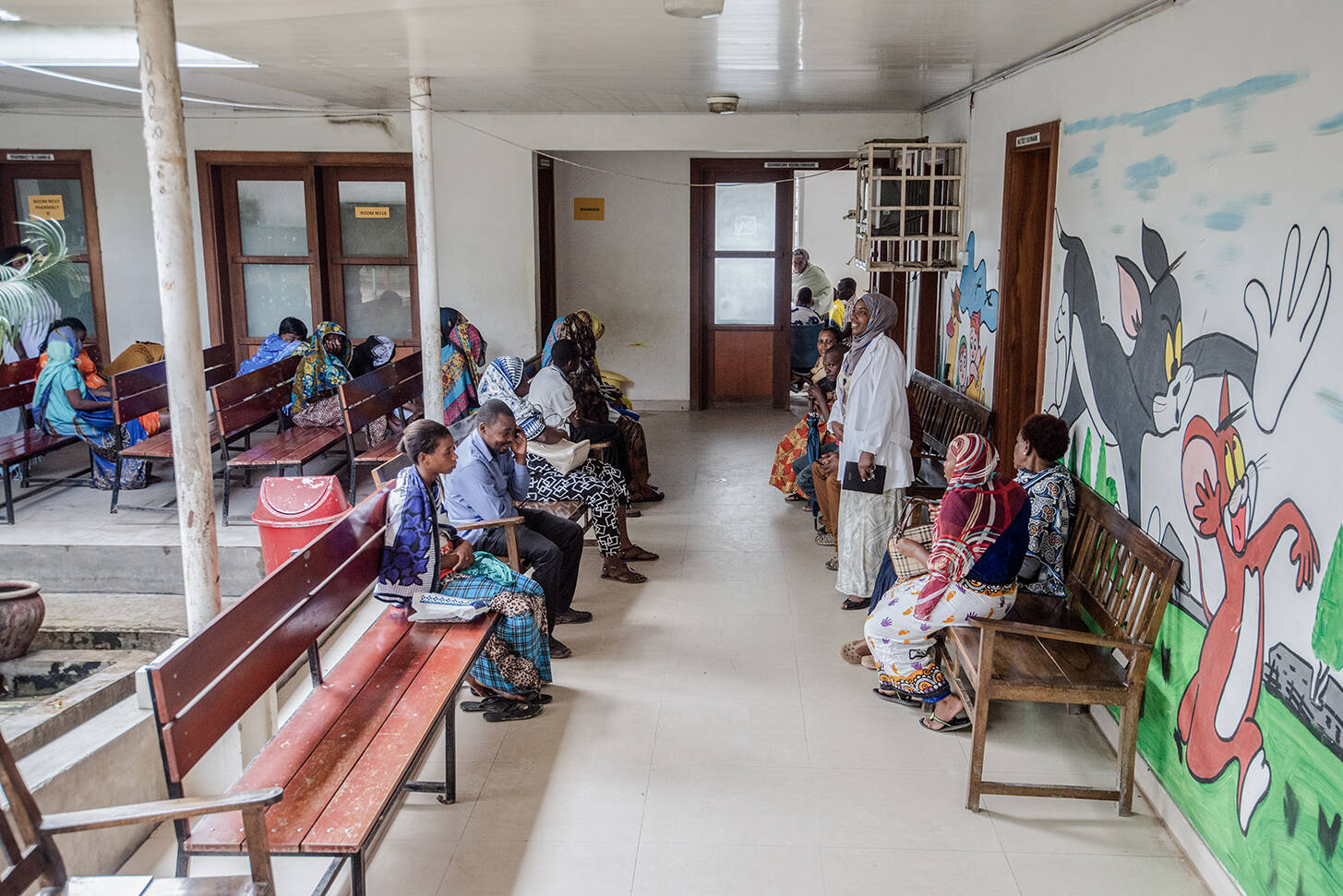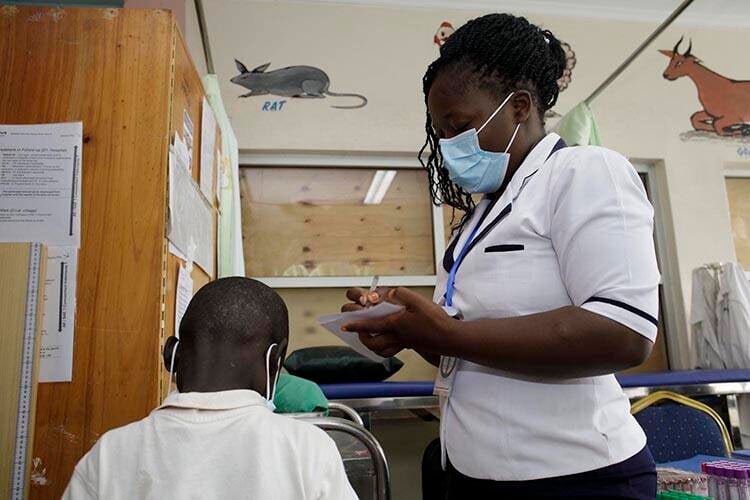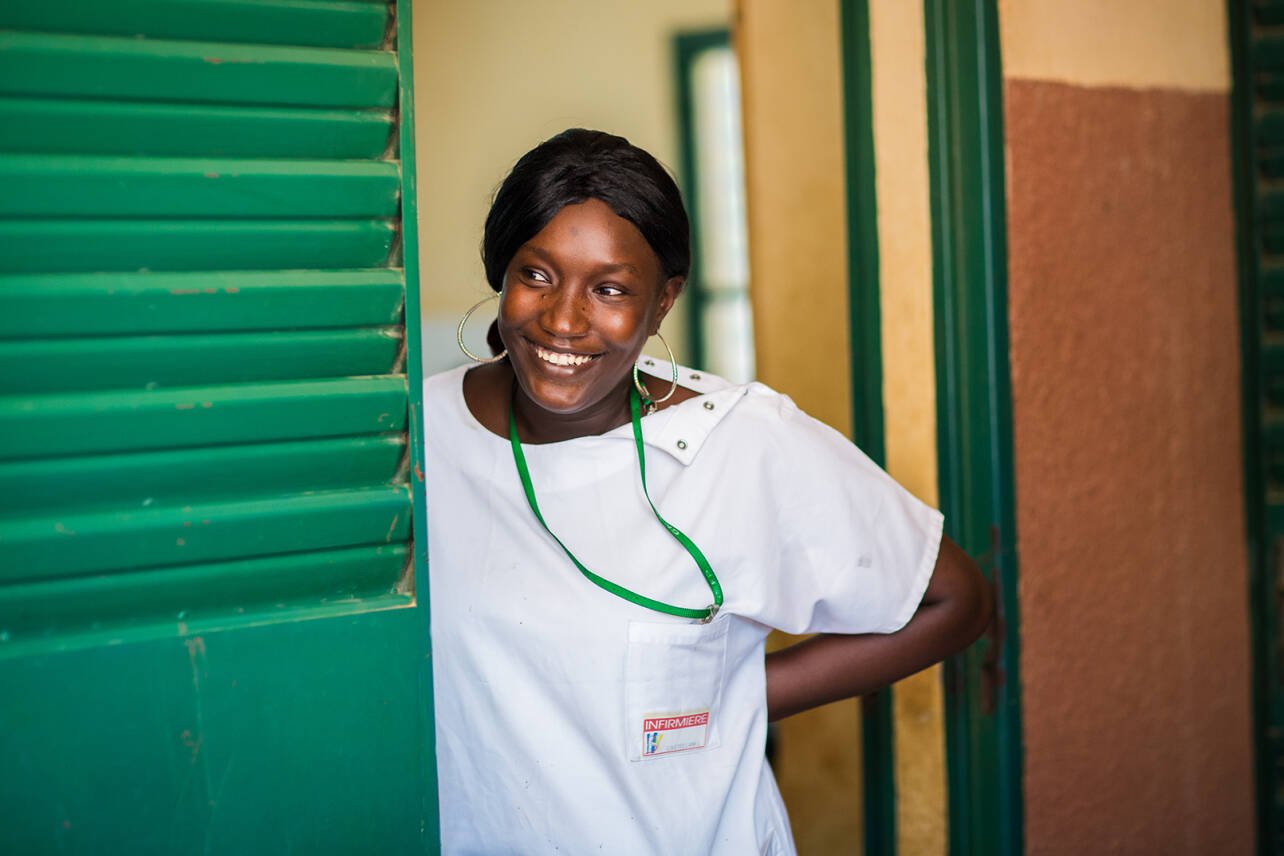
scroll down
Three EDCTP2-funded projects are working with country policymakers to identify the best ways to implement promising new interventions for detection, prevention and treatment of key infectious diseases.

The team has also carried out a Delphi consultation of clinicians, policymakers and other stakeholders to explore possible applications of GIFT. Through this approach, respondents first suggested possible uses of GIFT and responses were then re-circulated for further feedback. The preferred use was as a screening tool, focused on high-risk populations, with updating of guidance of STI syndromic management. The team also plans to explore women’s preferences and cost-effectiveness.
A study has also begun in Madagascar, South Africa and Zimbabwe to evaluate the performance of the prototype GIFT device, and to explore possible routes for integration into routine care.
In sub-Saharan Africa, STIs are typically managed syndromically – on the basis of symptoms – without specific diagnosis. However, women often experience asymptomatic infections so are not detected by this approach, yet may still go on to develop long-term reproductive health issues.
GIFT, a point-of-care test developed in South Africa, provides a rapid and easy way to detect inflammatory markers of genital inflammation, a common feature of a sexually transmitted infection (STI) or bacterial vaginosis. Its use could identify women currently being missed by syndromic management.
An EDCTP2-funded project has been examining ways in which GIFT could be implemented into health systems. It compared different applications of the tool within the health system, including a ‘test and treat’ approach and triage (using GIFT to identify possible STIs, followed by further tests to provide a specific diagnosis). The most cost-effective approach was found to be a strategy based on an initial screening with GIFT followed by syndromic management, the standard approach for treatment of a presumed STI.
Intermittent preventive treatment in pregnancy (IPTp) is a well-established strategy for preventing malaria infections in pregnant women. Such women are given antimalarial drugs at key stages of pregnancy. Although widely adopted, IPTp coverage in many settings is suboptimal.
The EDCTP2-funded REVIVE-IPTp implementation project has been evaluating a community-focused strategy for boosting awareness and take up of IPTp. Focusing on two sub-counties in Kenya, the project is working with community-level health workers and volunteers to raise awareness of the consequences of malaria in pregnancy and of the availability of IPTp to prevent it.
Dialogue with the community provides insights into levels of awareness and barriers to uptake. Although lack of awareness can be an issue, difficulties accessing services or poor-quality care (such as long queues at facilities) can also be off-putting. Information is being fed back to service providers so that they can improve the quality of services provided. The project is also exploring ways in which men can be best engaged so that they support their partners during pregnancy.
The team has also carried out a systematic review of studies evaluating community-based strategies to promote IPTp take-up. In sum, the evidence suggests that involvement of community health workers increases take up of IPTp (and antenatal care more generally), while key enablers include community sensitisation, engaging with partners, having existing community health worker networks, and community health worker training.
In 2024, WHO prequalified arpraziquantel, a form of the drug praziquantel that is suitable for young children. Praziquantel is a mainstay of mass drug administration campaigns to control schistosome infections. However, the standard praziquantel formulation is not suitable for young children, who have therefore been excluded from such campaigns.
Through the Pediatric Praziquantel Consortium, a route was identified to develop and deliver a child-friendly form of praziquantel. A dispersible tablet was developed for children aged from 3 months to 6 years that is palatable, easily administered, and stable in hot and humid environments.
With funding from EDCTP2 and the Japan-based Global Health Innovative Technology (GHIT), clinical studies were conducted to demonstrate that arpraziquantel was safe and efficacious. These data informed an evaluation by the European Medicines Agency (EMA), which provided a positive scientific opinion on arpraziquantel. WHO prequalification provides a stamp of approval of the quality, safety and efficacy of the product. Together, these endorsements open up routes of procurement byglobal agencies and can reassure countries about the quality of the product.
Through the EDCTP2-funded ADOPT project, project partners have been working with country stakeholders to prepare for introduction of arpraziquantel. Initial work has been carried out in Uganda, where the treatment is being rolled out through the country’s Neglected Tropical Disease Mass Drug Administration Platform. The first pre-school-aged child in Uganda received arpraziquantel through this route in March 2025. Drawing on what has been learned in Uganda, the partners will then engage with additional countries, including Côte d’Ivoire, Kenya, Senegal and Tanzania.

Accelerating the introduction of new interventions